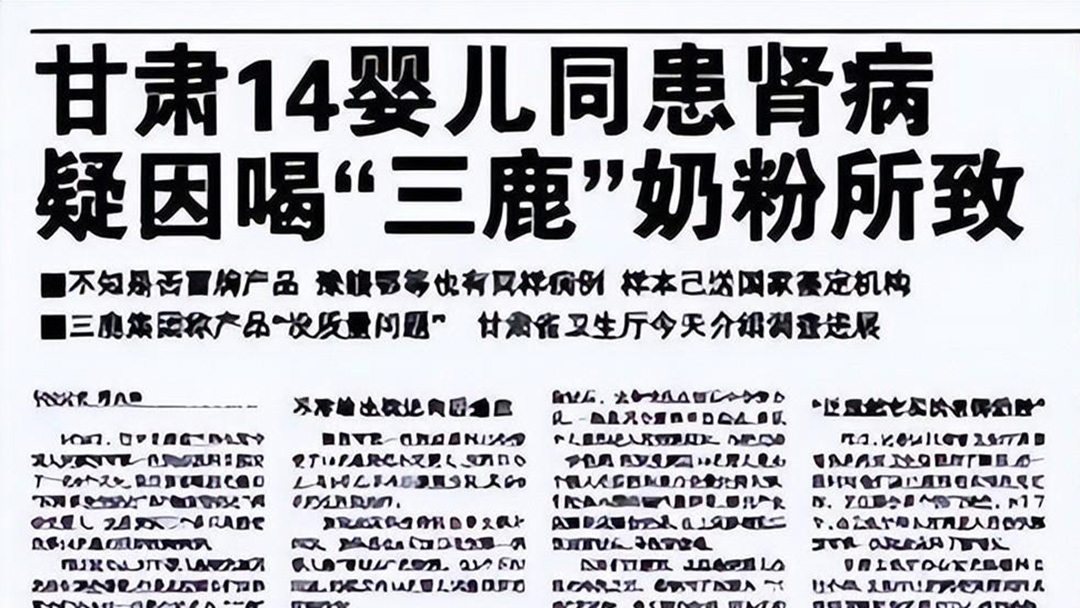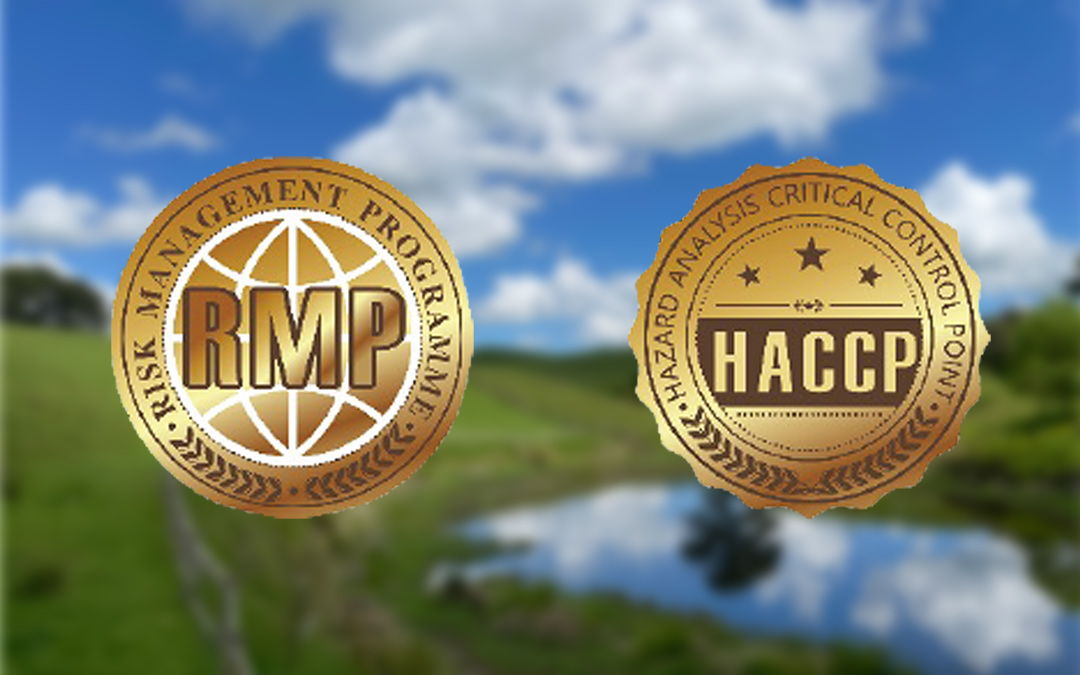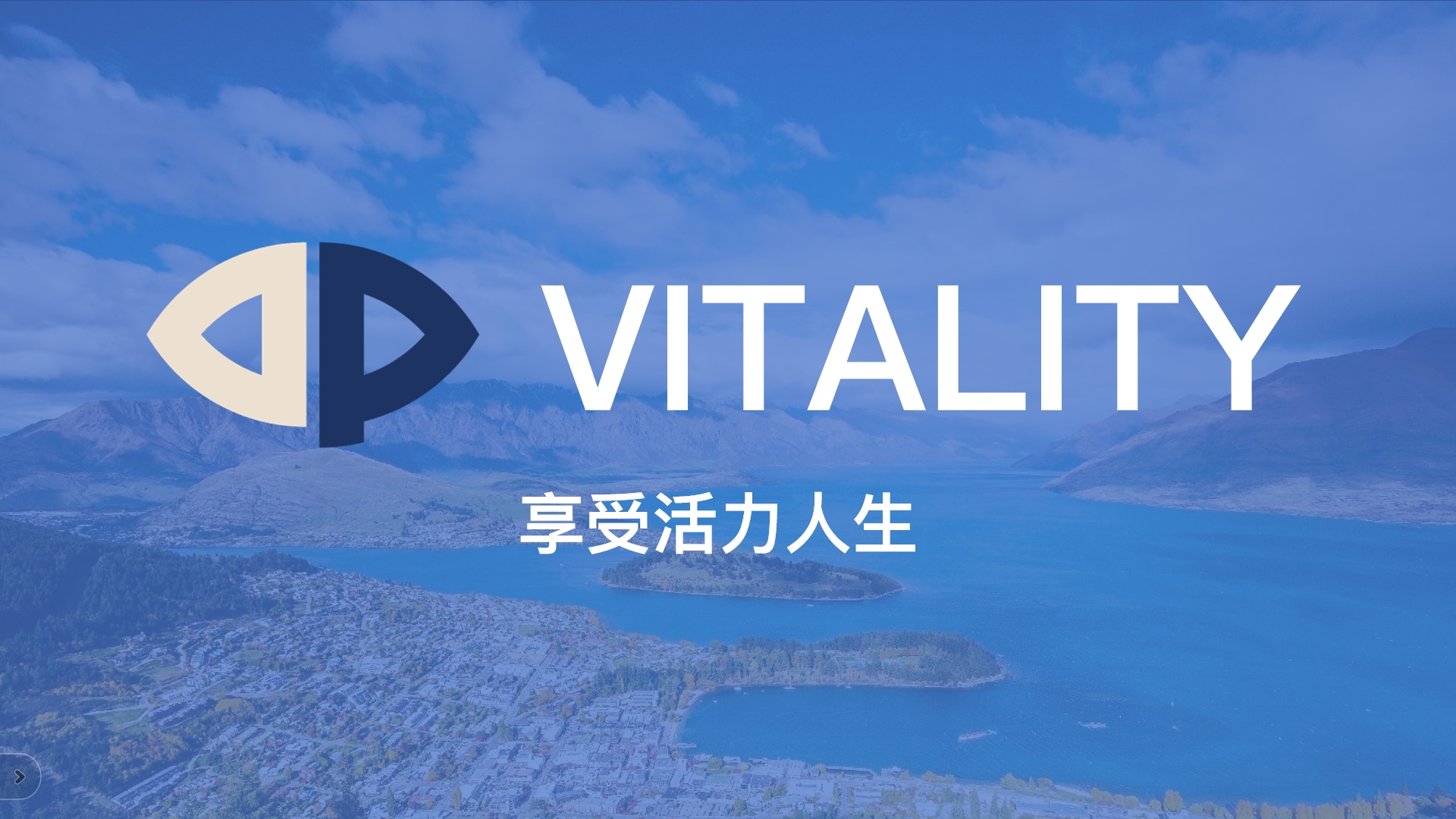——Written on the Occasion of 3·15 International Consumer Rights Day
I. Current State of Food Safety: Challenges and Opportunities Coexist
In recent years, the overall situation of food safety in China has remained stable and positive. The food safety regulatory system has been continuously improved, and the level of food safety has significantly increased. However, food safety issues still persist, with potential risks and hidden dangers in certain areas and sectors that cannot be overlooked.
Looking back, some major food safety incidents have sounded the alarm for us:
2008 Melamine Milk Powder Incident: This incident exposed regulatory loopholes in the dairy industry, leading to illnesses in a large number of infants and causing immense harm to countless families.

2011 Clenbuterol Incident: Some farmers, driven by profit, added banned substances to animal feed, severely endangering consumer health.

Gutter Oil Incident: News of gutter oil returning to dining tables has repeatedly surfaced, not only causing disgust but also posing serious threats to consumers' health.

These incidents remind us that food safety issues are complex, concealed, and long-term, requiring concerted efforts from the entire society to build a shared governance framework for food safety.
II. OP VITALITY: Safeguarding Food Safety with the Highest Standards
OP VITALITY has always regarded food safety as the lifeline of the enterprise, adhering to the highest standards and strictest requirements to protect consumers' "safety on the tip of the tongue."
1. Strict Control of Raw Materials:
All raw materials are sourced from rigorously screened high-quality suppliers and undergo stringent quality testing.
A comprehensive raw material traceability system is established to ensure the source and destination of every batch of raw materials can be tracked.
2. High-Standard Production Environment:
Production workshops are constructed in strict accordance with GMP standards, with regular environmental monitoring and disinfection.
Advanced production equipment and high automation levels minimize the impact of human factors on product quality.
3. Dual International Certifications for Enhanced Quality Assurance:
New Zealand RMP Certification: A stringent food safety management system established by the New Zealand government, ensuring every step from raw materials to finished products meets the highest safety standards.
HACCP Certification: An internationally recognized food safety management system that analyzes and controls potential hazards in the production process to ensure food safety.

III. Building Food Safety Together, Sharing a Healthy Life
Food safety concerns the health and safety of everyone, requiring collective efforts from the entire society. OP VITALITY calls for:
Government Departments: Strengthen food safety regulation, improve laws and regulations, and crack down on illegal activities related to food safety.
Food Enterprises: Strictly implement the primary responsibility for food safety, enhance industry self-discipline, and operate with integrity.
Consumers:Raise awareness of food safety, learn about food safety knowledge, and purchase food through official and reliable channels.
OP VITALITY will continue to uphold the philosophy of "Quality First, Safety Foremost," striving for higher standards and stricter requirements to provide consumers with safe, healthy, and high-quality products. We are committed to contributing to the construction of a shared governance framework for food safety in society!
OP VITALITY, Dedicated to Safeguarding Your Health!


